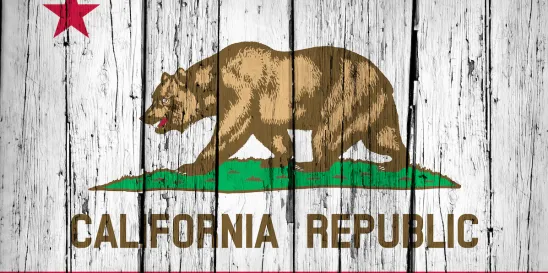Governor Newsom recently signed into law AB1305, codified at Section 44475, which amends California’s Health and Safety Code to require certain disclosures about voluntary carbon offsets (VCOs). The following summarizes the law’s reach and requirements.
As reflected below, the law applies broadly to “business entities” (1) selling VCOs in California, (2) “entities” operating in California and relying on California VCOs for any claims, regardless of where the claims are made, and (3) “entities” operating in California and making VCO claims within the state.
| Provision | Those Affected | Required Action |
| §44475 | Business entities “marketing or selling” VCOs within California |
Disclose on entity’s website, and update annually:
|
| §44475.1 | Entities that (1) operate within California, (2) “purchase[] or use[]” VCOs sold within California, and (3) make claims, within or outside of California, about “significant[ly]” reducing greenhouse gases or avoiding additions to “net” greenhouse gas emissions |
Disclose on entity’s website, and update annually:
|
| §44475.2 | Entities that (1) operate within California, and (2) make claims in California about reducing greenhouse gases or avoiding additions to “net” greenhouse gas emissions, as defined by California Health and Safety § 38505 |
Disclose on entity’s website and update annually:
|
The law raises some questions. First, it is not entirely clear what organizations are covered by the term “business entities.” The U.S. Federal Trade Commission (FTC) interprets its authority to cover trade associations (501(c)(6) organizations), but not those non-profits defined as 501(c)(3) organizations. However, non-profits are “corporations” under IRS and state tax laws and file non-profit corporate tax returns, so from a corporate formation perspective, they are all business entities. Whether, and if so, how this new law applies to non-profits buying or selling VCOs is unclear, especially given that other recent climate change laws adopted in California do appear to focus on privately held and publicly traded for-profit businesses.
Second, the law exempts entities “that do not operate within the state or do not purchase or use voluntary carbon offsets sold within the state” from the requirements, but it is not clear what activities qualify as “marketing or selling” a VCO, or what it means to “operate in California.” In practice, that exemption may be limited, given the size and importance of the California market and widespread reliance on offsets to support global warming mitigation actions and related claims by many entities.
AB1305 becomes effective January 1, 2024, when the California Attorney General, a “district attorney, county counsel, or city attorney” may commence enforcement. Violations are subject to civil penalties up to $2,500 “per day, for each day” that disclosures are absent or inaccurate. A total award, however, may not exceed $500,000. Unlike other California laws related to advertising, AB1305 provides no express private right of action, but as we know, that may not deter legal action challenging climate claims going forward under common law or other theories.
It is worth noting that the California Attorney General, along with Attorneys General from a number of other states, submitted comments to the FTC on April 24, 2023, in connection with the FTC’s review of the Guides for the Use of Environmental Marketing Claims (Green Guides), which address voluntary carbon offsets. This group suggested, among other points, that the FTC should revise the carbon offset section of the Green Guides (16 C.F.R. § 260.5), asserting that offsets have lost credibility. The group recommended that the FTC add “additionality” criteria so that offsets represent an actual reduction in carbon beyond a “business as usual” case, not just action on top of applicable regulatory requirements. Whether the California legislature will take further action on VCO claims and activities remains to be seen.






 />i
/>i

